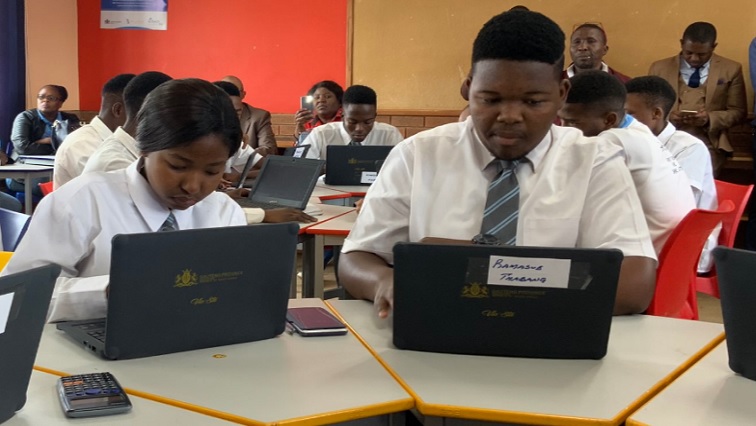The COVID-19 pandemic could reshape South Africa’s education system as more schools and people are exploring alternatives to traditional classroom-based teaching. It is essential that everyone becomes better equipped for eLearning as the COVID-19 pandemic and the school closures have shown us.
Distance Educator, Brainline says the rise of eLearning over the last few months might just be the answer to the country’s shortage of public schools. According to Brainline, most schools and learners had been unprepared for the move to digital platforms.
Brainline Chief Executive Officer Coleen Cronje says the education experience under COVID-19 has highlighted the importance of eLearning for the future.
“It is true that grade 12 learners have been using online learning not by choice but because of the circumstances they found themselves in. We have found that however, young people are very prone to flourish in the eLearning environment. They are used to using their smartphones; they are used to being accustomed to a digital environment much more easily than the old people. We have found that they need a little training to get into the system but in the end, they seem to flourish in the environment.”
Adapting to eLearning
Brainline has observed a rise in online educational platforms and says parents, teachers, and learners have been forced to adapt quickly, Cronje says, however, not all schools and learners are coping with remote learning.
“Although the schools did their best to deliver online learning, they did not fulfill the needs of the learners. And they found that they needed just a little bit extra to prepare them adequately for the final exams. In the case of Brainline I think that is true for us all, what we specialise in is to fulfill those needs, to see to it that these grade 12 learners have a complete subject-based portfolio so that they walk into the final exams with a good year mark.”
Final exams are around the corner and grade 12 learner, Yoli Qodashe, says she could not wait to go back to class after COVID- 19 restrictions forced schools to close. She says it has not been easy.
“ Online learning wasn’t the best way of teaching us. But when we went back to school, our teachers did their best to do revision on work that we had done online. For final examinations, I can’t say I’m not ready and I can’t say I’m fully ready because we are writing prelims now, and in a way, you are expected to know everything already.”
Psychological impact of coronavirus
It was not just eLearning they needed to deal with, says Cronje, but also the psychological impact of the global pandemic.
“ They needed to cope with the psychological impact of what COVID-19 has brought upon us. Not so much the technical side of it. The additional constraints that I felt that our grade 12 learners probably felt were a lack of access or restrictive access to data or lack of or restricted access to smart devices. Those two components are essential to become part of the eLearning community.”
Inequality
While some could make the switch to digital technology, the COVID-19 situation has exposed the weak points and inequality in society.
It has amplified network challenges, especially in rural areas, and the affordability of data and smart devices.
Online learning challenges for students living in rural areas:
If left unchecked, it will deny many the opportunity to explore what technology and eLearning has to offer.






